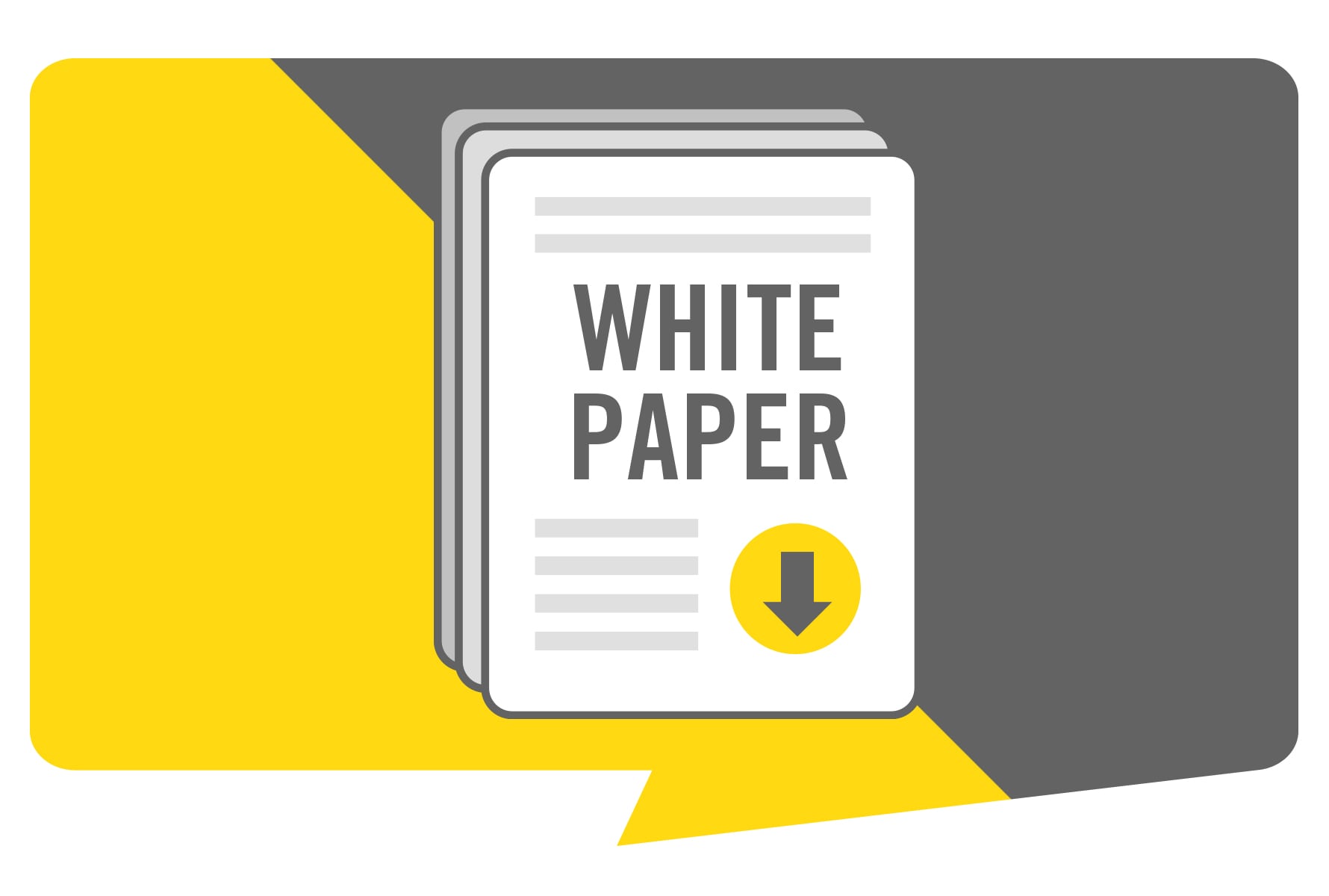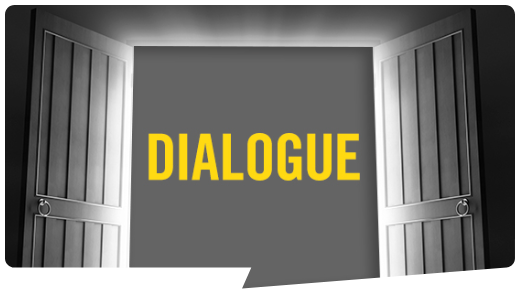At PMI, we tend to question ourselves and each other. We also tend to be adept at imagining how outsiders are likely to question and contest what we have to say. Radical transformation requires not just new skill sets but also a new mindset and openness to disparate views.
The cultural and business transformation PMI is undergoing is built on transparency – on being open and honest about even the most uncomfortable questions. Not all are easy to answer, but we know they are the keys to conversations that shift opinions and lead to real change.
In a new white paper released today, titled “Unsmoke Your Mind: Pragmatic answers to tough questions for a smoke-free future,” we have set out to address five questions relevant to the topic of delivering a smoke-free future.
The white paper is based on the results of an independent survey, commissioned by PMI and conducted by Povaddo, of 17,251 adults aged 21-74 across 14 countries. It explores global opinions about the regulatory, scientific and corporate landscape.
These are the five questions we tackle:
21 January 2020
“Unsmoke Your Mind: Pragmatic Answers to Tough Questions for a Smoke-Free Future”
1. Do societies at large really care about smokers?
The answer to this question may seem obvious, but we need to take into account that smokers are increasingly invisible to nonsmokers in some places. Our survey findings revealed that out of sight does not mean out of mind. Far from being dismissed as a marginal worry, cigarette smoking is seen as a public health concern that needs to be addressed more effectively than it is at present.
Many of us have adult smokers in our lives whom we care about, and we know that, in any given year, a large majority of those smokers will continue to smoke. Fully 85 percent of the survey respondents believe that those adults who would otherwise continue to smoke deserve access to and information about the better alternatives now available.

2. Do consumers take scientific evidence seriously or do they disregard science as just another marketing trick?
In a world marked by information overload and diminished trust, how does anyone make sense of all the ‘scientific’ information out there – not just legitimate science but all the pseudoscience and fake science floating around the internet? The reality is that most people accept what they read in headlines or news summaries – though with a marked bias toward information that’s in sync with their general views and assumptions. Few people have the inclination (or expertise) to dig into the original research, check references and evaluate conflicting claims.
That can be a problem for companies such as ours, companies committed to serious scientific research and peer review. We need to ensure that our evidence doesn’t get lumped in with the sham science and work of pseudo-experts who care only about peddling a particular product or point of view.
Reassuringly, our research shows a public appetite for scientific rigor – and certainly in the area of alternatives to cigarettes. Overall, 89 percent of our sample want manufacturers to conduct robust scientific assessments of e-cigarettes and heated tobacco products before introducing them to the public, as PMI has done with its products. And 87 percent want governments, regulators and public health authorities to take the most up-to-date science into account when regulating such products.
3. “How does (mis)trust affect attitudes toward smoke-free alternatives?”
Research suggests that the public’s trust in major institutions has declined in recent decades, but the real story is more nuanced – with marked differences across demographic groups and geographies.
As we continue to progress towards our vision of a smoke-free future, we wanted to understand whom people trust to give them accurate information about smoke-free alternatives, such as e-cigarettes and heated tobacco products. Fewer than a third of respondents said they trust the news media, manufacturers or social media. And only around half (55 percent) trust their governments and health authorities. In contrast, 76 percent consider medical professionals to be a trustworthy source of information on these products.
It is a worrying reality that more people are likely to get information from low-trust sources such as social media, rather than from medical professionals. And so, it’s vital that we work to ensure the most accurate, non-biased information is readily available to all who want it.
4. “How can we be confident that innovations will be better than what they replace?”
In virtually every aspect of life, there’s scope for inventive people to create compelling new products and services. These innovations may be intended to make things quicker, easier, more convenient, more economical, more effective, more efficient or just generally more appealing to people.
Alongside the potential pluses of these innovations comes uncertainty. How can the public trust a product before it’s been subjected to long-term use? How can we know whether it’s better than what went before – and what unintended consequences it may bring?
Realistically, it’s not possible to be 100 percent certain that there will be no downsides to any given innovation. But, where applicable, we can take into consideration the science behind the new product and ensure it’s subjected to continued scrutiny. As a society, we can think about what impacts the innovation may have and work to maximize the upsides and minimize the downsides.
Smart regulation can play an important role in lessening concerns. When weighing the pros and cons of an innovation, it’s important to consider, too, what impacts may result from not adopting it. In the case of better alternatives to cigarettes, the net benefit to public health is key.
5. “Are there any serious alternatives to ‘big’ in a world of 7.8 billion people?”
There’s been something of a backlash against big corporations, as consumers increasingly favor the small and local. But on the most pressing issues we face, artisanal doesn’t often cut it. It can’t build sizeable wind farms, vaccination programs or public transport systems.
Smoking is another of those big problems best addressed by a big solution. We intend to be a big part of that solution. PMI has deep knowledge of the field, deep resources with which to develop better products, and the persistence and motivation to keep investing and keep working to crack this big problem.
It takes a big and persistent company to set up and run an R&D campus employing hundreds of scientists, engineers and technicians. It takes a big and persistent company to invest more than $6 billion in smoke-free efforts over a decade. It takes a big and persistent company to develop products that are both acceptable enough for smokers to choose them over cigarettes and are a better choice than cigarettes for those adults who otherwise would continue to smoke.
What works?
For anybody involved in serious efforts to reduce the harms of smoking, there should be one overriding question: What works? Which initiatives and actions work individually and in combination to reduce the number of people who smoke?
Nearly three-quarters (73 percent) of those surveyed agreed that encouraging adults who would otherwise continue smoking to switch to a smoke-free alternative can complement other efforts to reduce the societal harm caused by smoking.
The journey to a smoke-free future will be challenging, but it is one that we absolutely must take – for the good of society and the public health. By asking tough questions and inviting all stakeholders to participate in an open and fact-based conversation, we will – together – give ourselves the best chance of achieving a better future.
We invite you to participate in the conversation around new approaches to tobacco harm reduction and to read our white paper, “Unsmoke Your Mind: Pragmatic answers to tough questions for a smoke-free world.” Click below to download.21 January 2020














